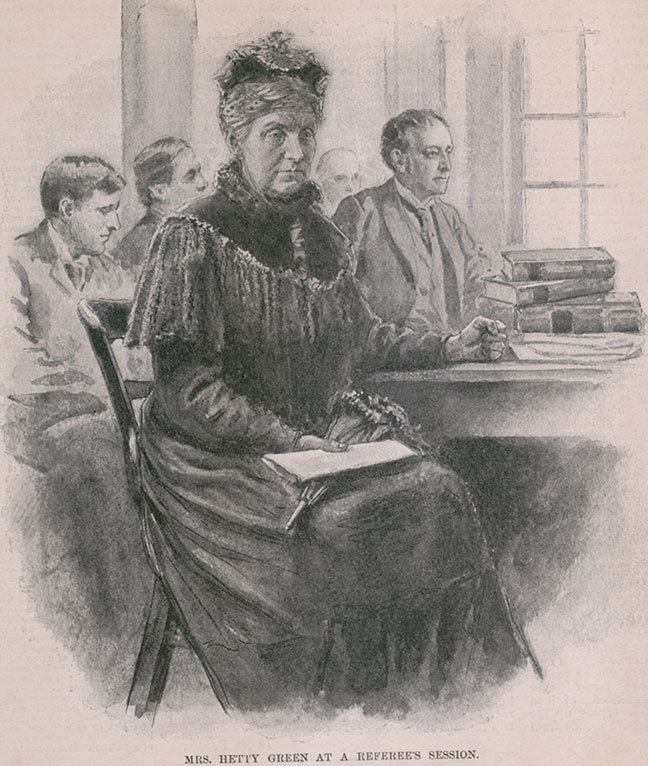Home / History / Investment / Understanding Money: the History of Finance, Speculation and the Stock Market / What is the role of financial advice?
This article is from the free online
Understanding Money: the History of Finance, Speculation and the Stock Market


Reach your personal and professional goals
Unlock access to hundreds of expert online courses and degrees from top universities and educators to gain accredited qualifications and professional CV-building certificates.
Join over 18 million learners to launch, switch or build upon your career, all at your own pace, across a wide range of topic areas.

 Hetty Green 1834-1916 at a ‘referee’s session’ possibly when she disputed the accounting of Henry A Barling the surviving executor of estate of Hetty Green’s father Edward Mott Robinson. Ca. 1895. ©Shutterstock/Everett Historical
Hetty Green 1834-1916 at a ‘referee’s session’ possibly when she disputed the accounting of Henry A Barling the surviving executor of estate of Hetty Green’s father Edward Mott Robinson. Ca. 1895. ©Shutterstock/Everett Historical


